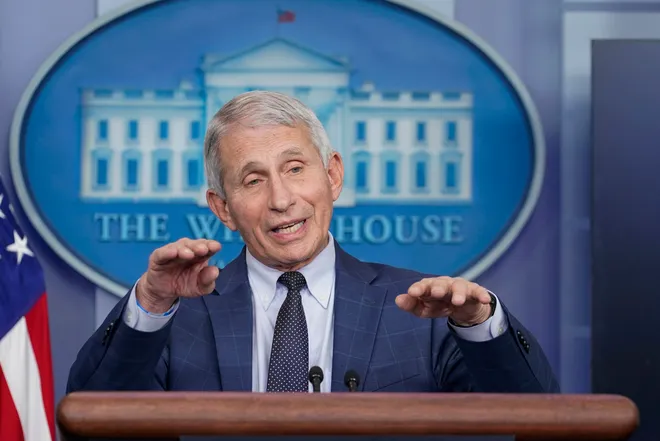Say Goodbye to Experts (Mostly)

by Roger L. Simon
For some time I have been meaning to write about the subject of “experts” but hesitated—until a friend sent me this eloquent quotation on the subject from Winston Churchill:
“Nothing would be more fatal than for the Government of States to get in the hands of experts. Expert knowledge is limited knowledge, and the unlimited ignorance of the plain man who knows where it hurts is a safer guide than any rigorous direction of a specialized character.”
This is reminiscent of William F. Buckley Jr.’s famous “I would rather be governed by the first 2,000 people in the telephone directory than by the Harvard University faculty.”
Validating Buckley’s quote is the news that ex-New York Mayor Bill de Blasio will be teaching at Harvard Kennedy School this fall.
I have hesitated writing anything similar—even though I basically concur—because I have feigned the expert myself, at least to a small extent. Moreover, I do read them, albeit increasingly skeptically.
Further, my wife, Sheryl Longin, and I and Epoch Times Senior Editor Jan Jekielek recently organized a pilot election debate in a Tennessee congressional district that was designed to change the terms of such debates. “Experts” in subject matter were to replace reporters as the questioners. Hypocritical?
In our defense, we were all basically cognizant of Churchill and Buckley’s views and did our best to choose our experts accordingly. I think we did pretty well. Jan deserves a large percentage of the credit for that.
The product we came up with was substantially better, though flawed as is any first attempt, than debates run by reporters. (What wouldn’t be?) We were hoping others would follow in our footsteps and build upon them, but sadly, thus far, that has not happened.
Nevertheless, the questions remain. What in the Sam Hill is an expert, and why should we trust them?
Personally, I cringe when I see in a headline—in this paper and virtually everywhere else—the phrase “experts say.” My back immediately goes up and I do my best Yogi Berra imitation: “Sez who?”
This is especially true when the name of the expert is not specified. In some quarters (not here, as far as I can tell) it is deliberately omitted. The use of “experts say” then is often just a cover for what the journalist him or herself really thinks—a method of passing off opinion as news.
We see that almost every day at The New York Times and The Washington Post under such rubrics as “someone in a position to know.” Who, exactly? Well, that’s for me to know and for you to find out.
Some areas of expertise have long evinced skepticism. Five minutes watching a half-dozen economists on CNBC or Fox Business predict the direction of the stock market is a perfect example.
Even better might be the “foreign policy expert.” Who paying attention cannot recall decades of misguided nonsense emanating from Middle East experts after the Oslo Accords that never amounted to anything, or even exacerbated the violence?
Then along came the galumphing Donald Trump, expert in Fifth Avenue real estate, I suppose, who employed some common sense—you might say street smarts—allying the Gulf States with Israel against their common threat, Iran. And, voila—a huge step forward to peace.
The pandemic, needless to say, has thrown us all into the arms of warring medical and scientific experts. It has been quite a battle—much of it, I am pleased to say, engaged in with more clarity and usefulness than elsewhere on these digital pages.
One of the few positive things that has emerged from the COVID-19 awfulness is that our suspiciousness of experts has grown considerably, as it should. The intelligent person now knows to look past the label (institutes led, doctorates earned) on the supposed expert—who had a fancier vitae than Dr. Anthony Fauci?—to the true character, knowledge, and intentions of the human being beneath that label.
From now on, when we see the word “expert,” I would suggest silently remembering that old consumer phrase most of us learned years ago—caveat emptor. When you are believing an expert you are essentially buying his views and often abandoning yours, which can mean abandoning yourself. Careful.
Because of the personal urgency, this can be more true of your doctor than anybody, yet the medical community was more deeply trapped by the pandemic than any other, their jobs dependent on government subsidies, especially those who worked at the revered medical institutions of our country.
Throughout COVID-19, most institutional doctors would not talk, or talked in code. That seems to be coming to end. Let’s hope it never returns. For now, all we can do is, as Reagan said, “trust, but verify.”
If Churchill were still with us, I suspect he would recognize that experts are first cousins or maybe identical twins with what we call the Deep State. Giving people more authority than they deserve and for far longer than is sensible without thought is among the most important reasons the Deep State happened and is, alas, still here.
First published in the Epoch Times.